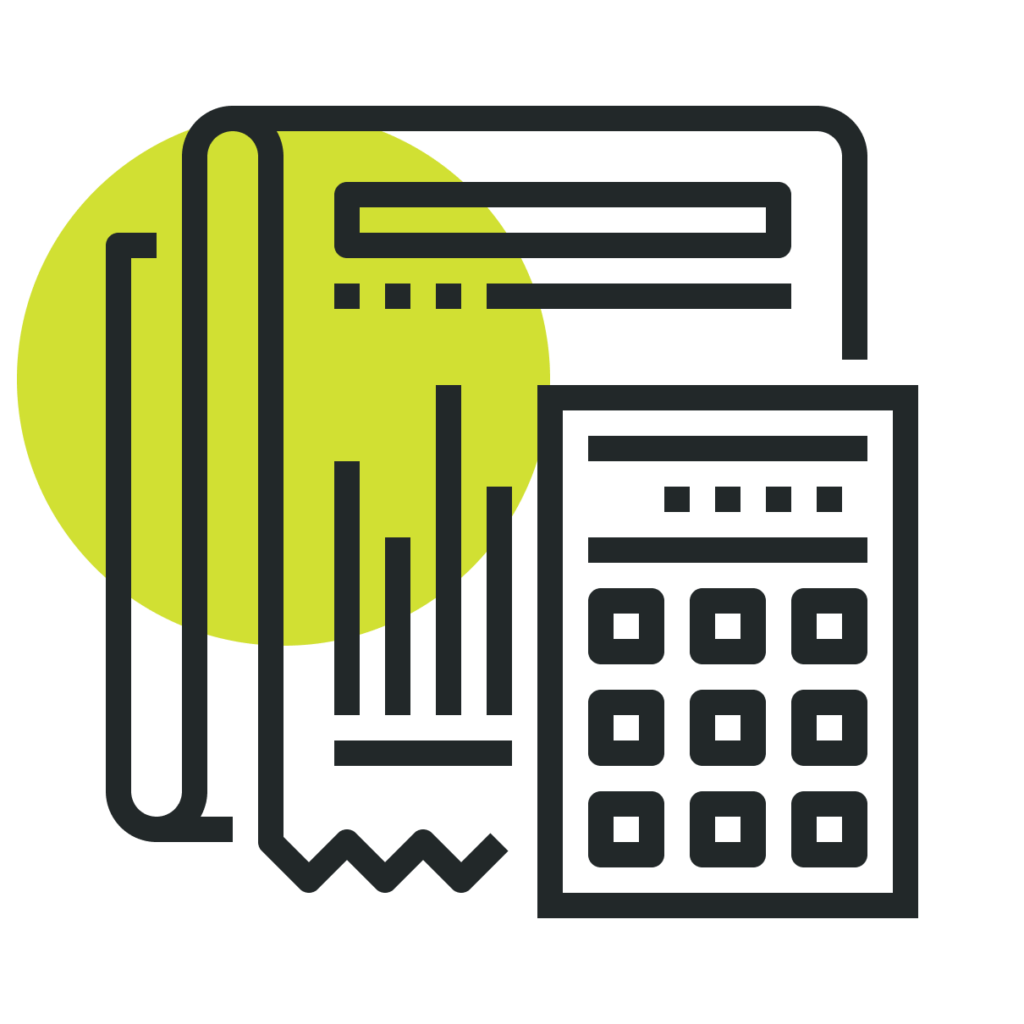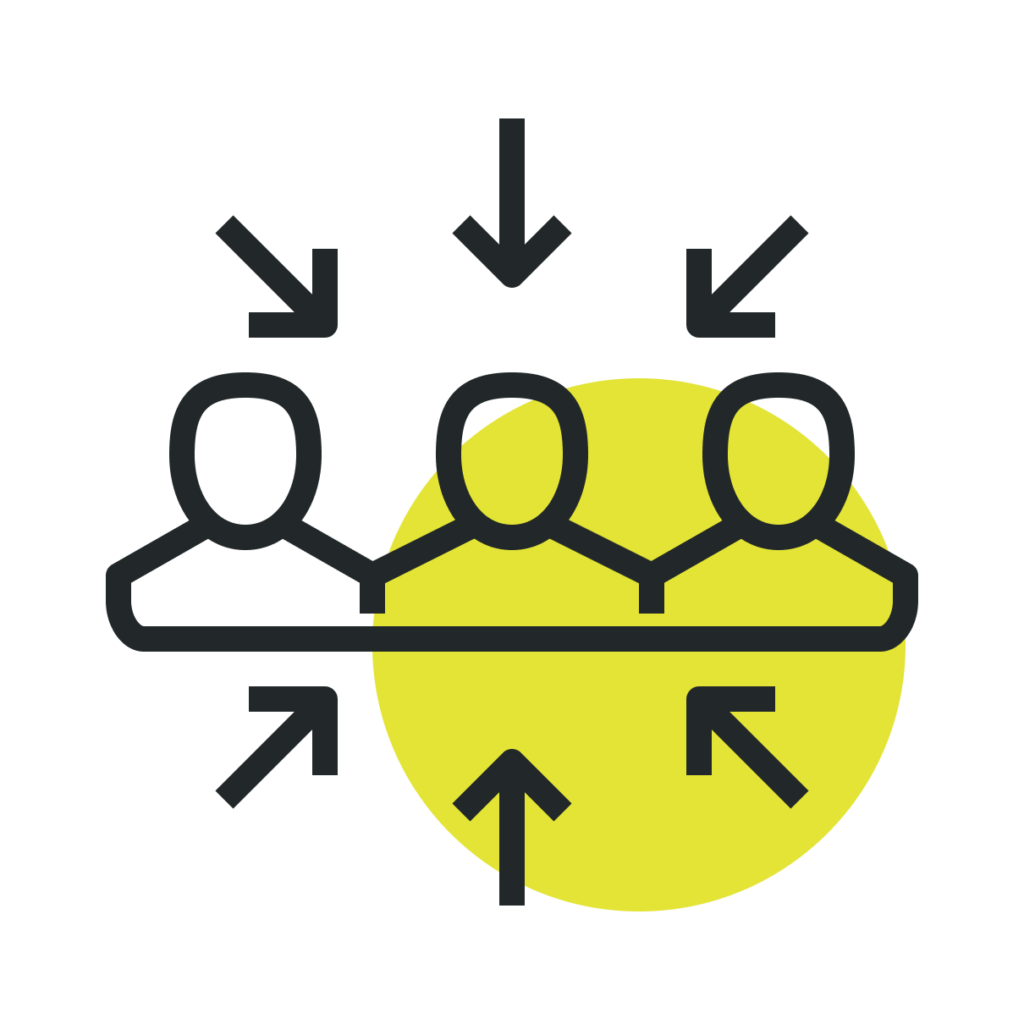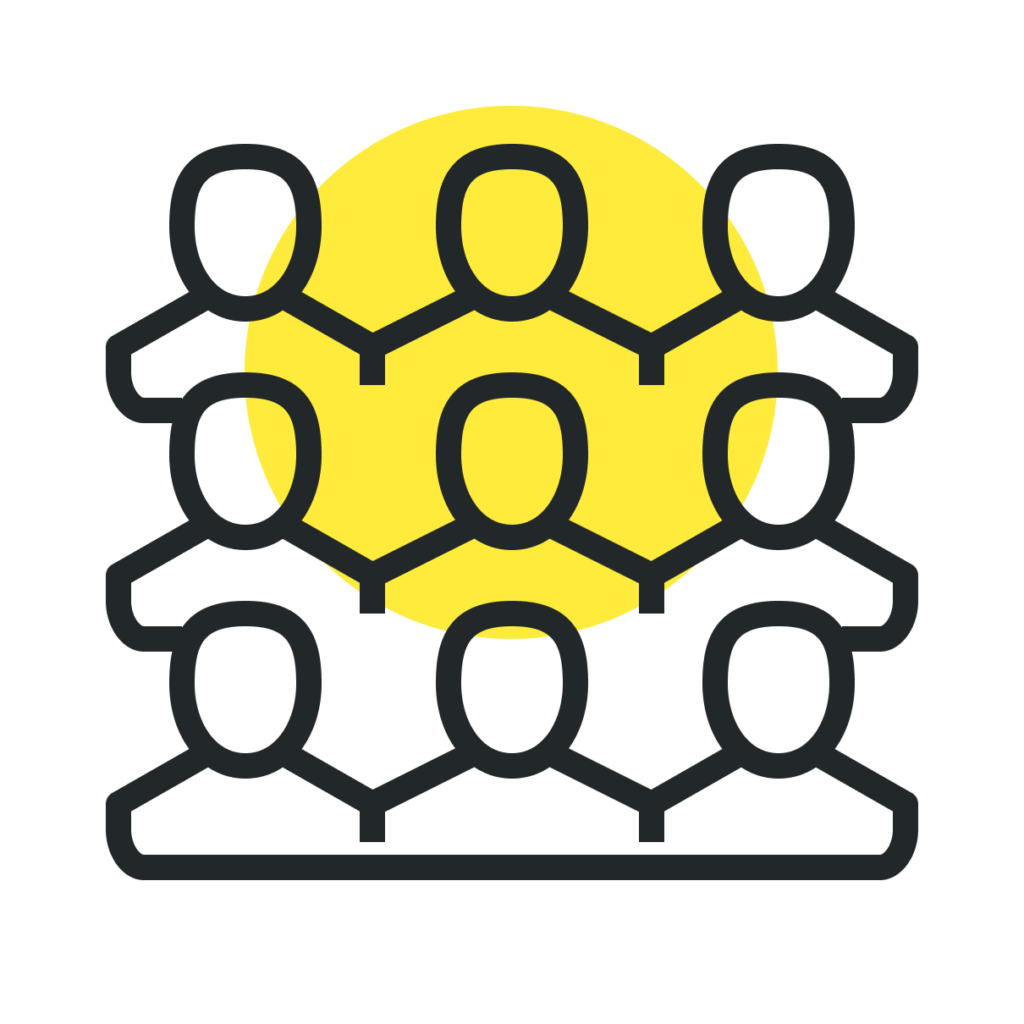The concept of Mental Accounting was popularized by Nobel laureate Richard Thaler in the early 1980s. His research shed light on how people create mental “buckets” to simplify financial decisions like “savings,” “entertainment,” or “groceries.” and can lead to suboptimal financial decisions.
The bias has been studied extensively in the context of consumer behavior, investment, and even policy-making.
Mental Accounting can have a significant impact on software development and management. For example, product managers may allocate a disproportionate amount of budget to new features, neglecting necessary updates or bug fixes. Engineers might spend more time on tasks they find intellectually stimulating, overlooking routine but crucial maintenance work. UX designers could focus on aesthetic elements while sidelining usability or accessibility.
In software teams, there might be a tendency to allocate more resources to projects that are perceived as more “glamorous” or “innovative,” ignoring the foundational aspects that keep the system running smoothly.
🎯 Here are some key takeaways:
Take a holistic view
Software teams should cultivate a holistic view of projects, valuing maintenance and debt reduction as much as innovation. This can counteract the Mental Accounting bias that often prioritizes the "new and shiny" over the essential.
Pay attention to time management
We should be aware of how our teams allocate their time across different tasks. Mental Accounting can lead to an overemphasis on “exciting” features at the expense of repetitive, yet essential tasks.
Continuously Learn and Adapt
Mental accounting can also affect how we allocate time for learning and skill development. Make sure to invest in a broad set of skills, not just the ones we find most enjoyable or immediately rewarding.
Embrace team collaboration
Encourage open discussions within software teams about project priorities. Transparency can help mitigate the effects of Mental Accounting and lead to more rational decision-making.
Pay attention to budget reallocation
Be mindful of how budgets are allocated. Periodic reviews can help ensure that resources are being used optimally, rather than being influenced by mental accounts like "innovation" or "maintenance."
📚 Keep exploring
To dive deeper into the topic of Mental Accounting and its implications for decision-making, check out these resources:



